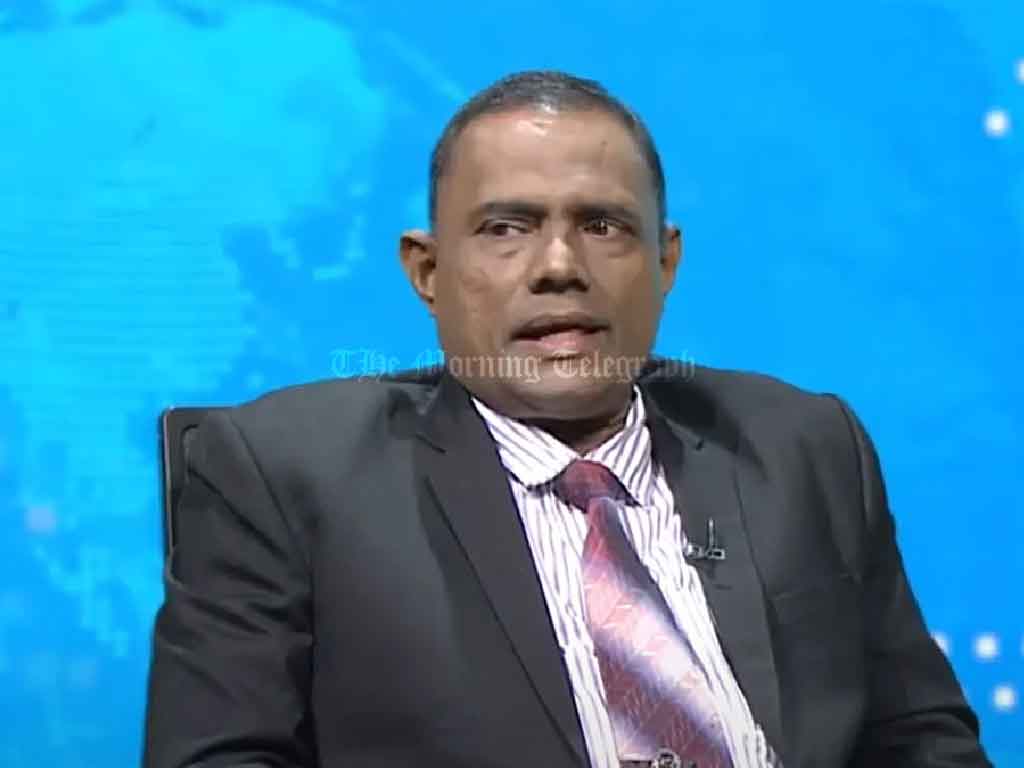
Sri Lanka’s ongoing coconut shortage stems from years of neglect and inadequate maintenance of coconut plantations, according to Shantha Ranatunga, Chairman of the Coconut Development Board. He revealed that several factors, including the absence of proper fertilization and economic challenges, have significantly reduced coconut yields nationwide.
Ranatunga highlighted that the shortage of chemical fertilizers caused by former President Gotabaya Rajapaksa’s organic fertilizer policy left coconut trees undernourished for nearly two years. The situation worsened with the economic crisis, which led to skyrocketing fertilizer prices and discouraged many farmers from investing in plantation upkeep. As a result, coconut trees have not received sufficient care for 5–6 years, leading to a sharp decline in productivity.
Speaking during a televised discussion, Ranatunga underscored the need for urgent reforms to revive the coconut industry. He called for the government to prioritize providing affordable fertilizers and training for farmers to adopt sustainable practices.
In addition to long-term agricultural measures, Ranatunga suggested practical solutions for consumers to manage the current shortage. He advised households to use blenders to extract coconut milk, stating that this method is significantly more efficient and reduces wastage compared to traditional hand-squeezing techniques.
The chairman’s comments underline the dual approach needed to address the coconut shortage—reviving plantation health through effective policies and encouraging mindful consumption practices among citizens. He urged the government and stakeholders to collaborate in rejuvenating the coconut sector, which plays a vital role in the country’s agriculture and economy.




